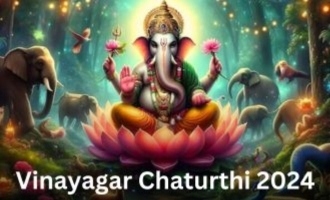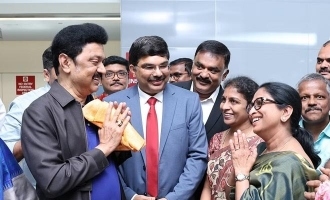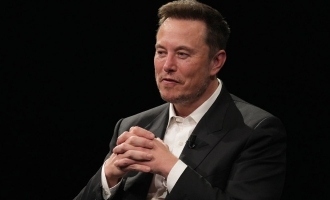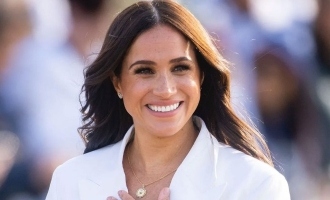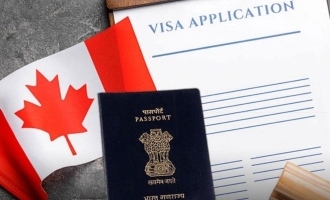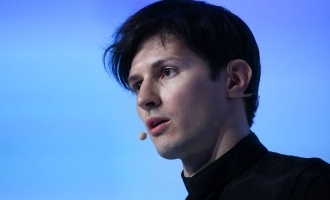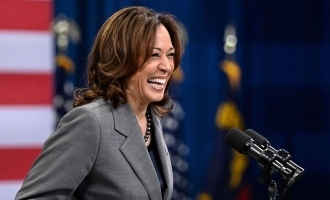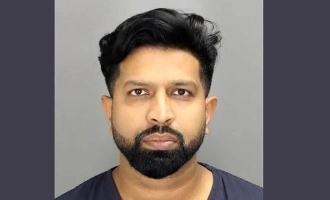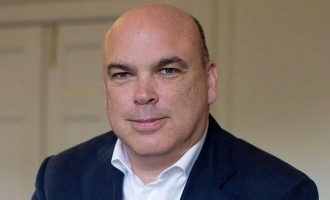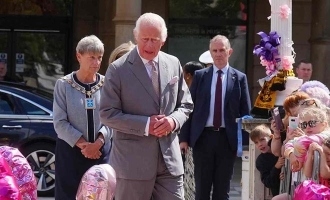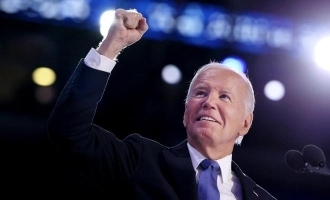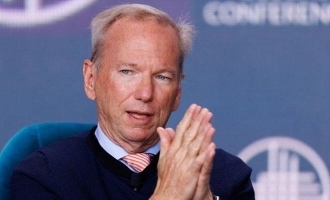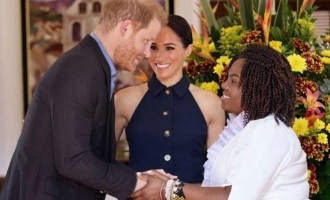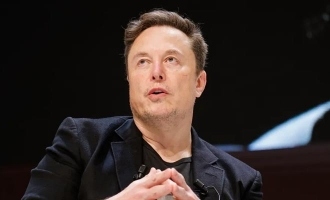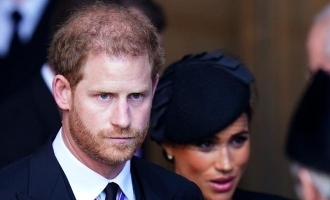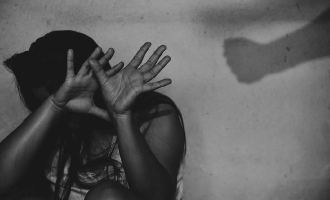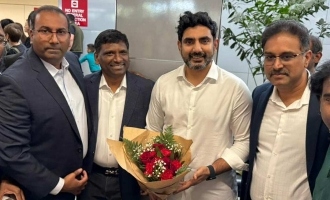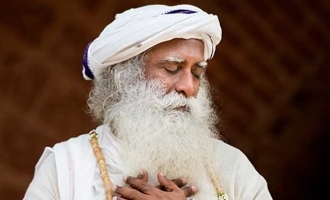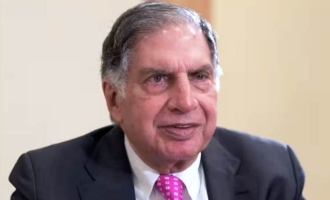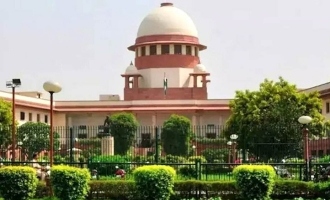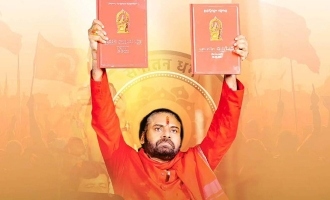Dutch Election Shock: Geert Wilders' Freedom Party Claims Victory, Europe on Edge


Send us your feedback to audioarticles@vaarta.com


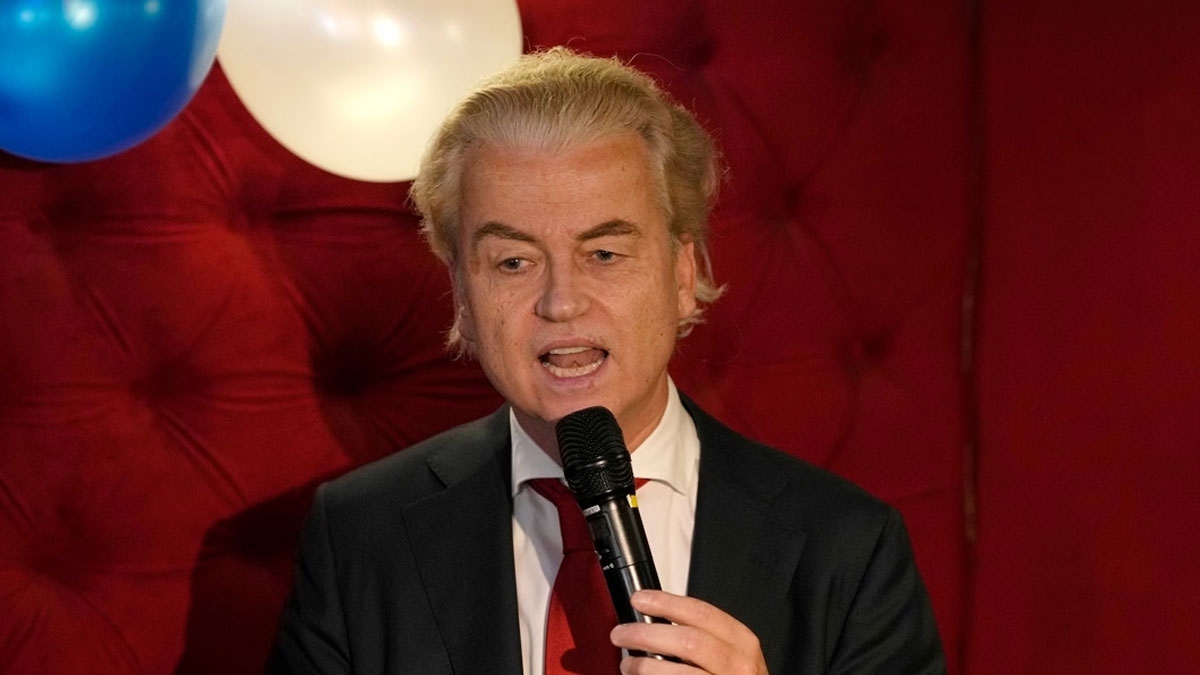
Geert Wilders' Freedom Party (PVV), after 25 years in parliament, is poised to secure 37 seats, surpassing its closest rival, a left-wing coalition. Wilders affirmed readiness to govern, marking a transformative moment in Dutch politics with implications across Europe.
However, forming a coalition is crucial to achieve the necessary 76 seats in the 150-seat parliament to honor his promise of representing all citizens. Amid cheers at a party gathering, Wilders expressed willingness to negotiate and collaborate with other parties.
His victory harnessed widespread migration concerns, advocating "closed borders" while postponing the Quran ban. Despite resistance from major parties due to his far-right stance, the scale of his triumph could prompt reconsideration.
Meanwhile, the left-wing coalition secured 25 seats, vowing to defend Dutch democracy against a Wilders-led government. With the center-right VVD and a new party extending congratulations, doubts linger regarding Wilders' coalition-building capabilities.
Though hesitant initially, parties, including Omtzigt, now consider cooperation, reflecting voters' trust. Wilders' potential success may impact European dynamics, with nationalist leaders praising his emphasis on national identities.
While pushing for a "Nexit" referendum, Wilders acknowledges the lack of national support for EU departure, presenting challenges in coalition negotiations. His subdued anti-Islamic rhetoric and focus on pressing issues drove PVV's electoral surge.
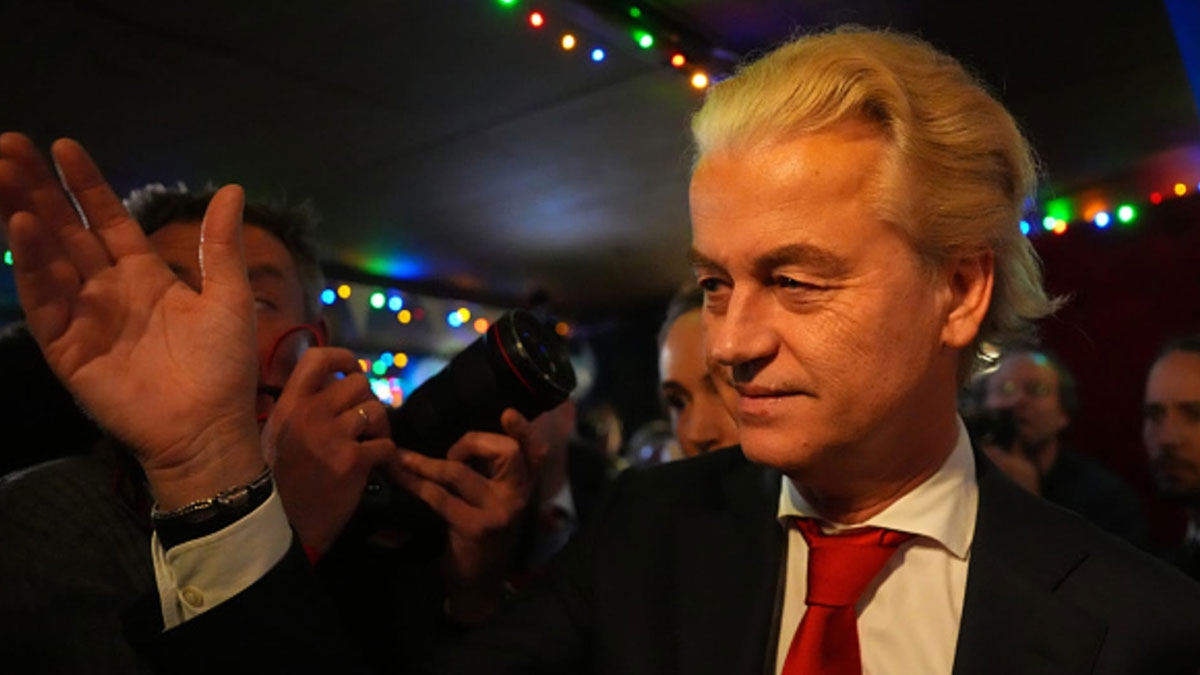
Public discontent with the previous government's asylum policy collapse, coupled with migration concerns, fueled Wilders' success. However, excluding radical right-wing parties can backfire, impacting their electoral performance.
Migration issues, including a housing shortage amid rising refugees, fueled electoral debates. Despite hopes for Yesilgöz's VVD leadership, exit polls surprised supporters, highlighting undecided voters' impact on the outcome.
A Muslim voter in The Hague acknowledged Wilders' appeal, highlighting his opposition to Muslims as a potential deterrent. Despite Wilders' optimism, forming a government remains a challenge, echoing uncertainties in Dutch politics with potential European ramifications.
Follow us on Google News and stay updated with the latest!
Comments
- logoutLogout

-

Aarna Janani
Contact at support@indiaglitz.com




 Follow
Follow


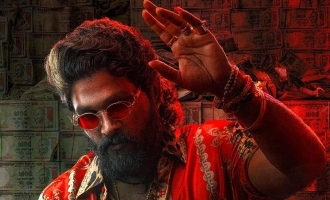
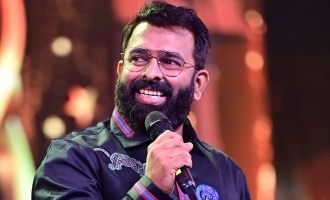

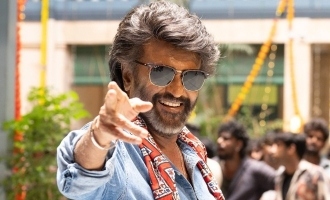
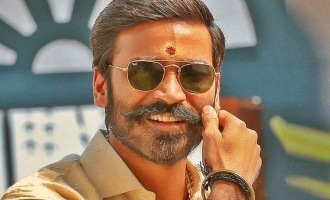



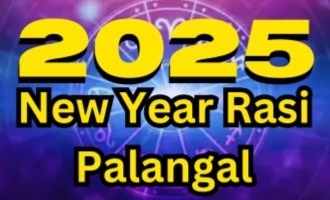

-a3e.jpg)
-3c4.jpg)
-e5c.jpg)
-e66.jpg)
-71b.jpg)
-5d5.jpg)
-adc.jpg)
-798.jpg)

-7c2.jpg)



